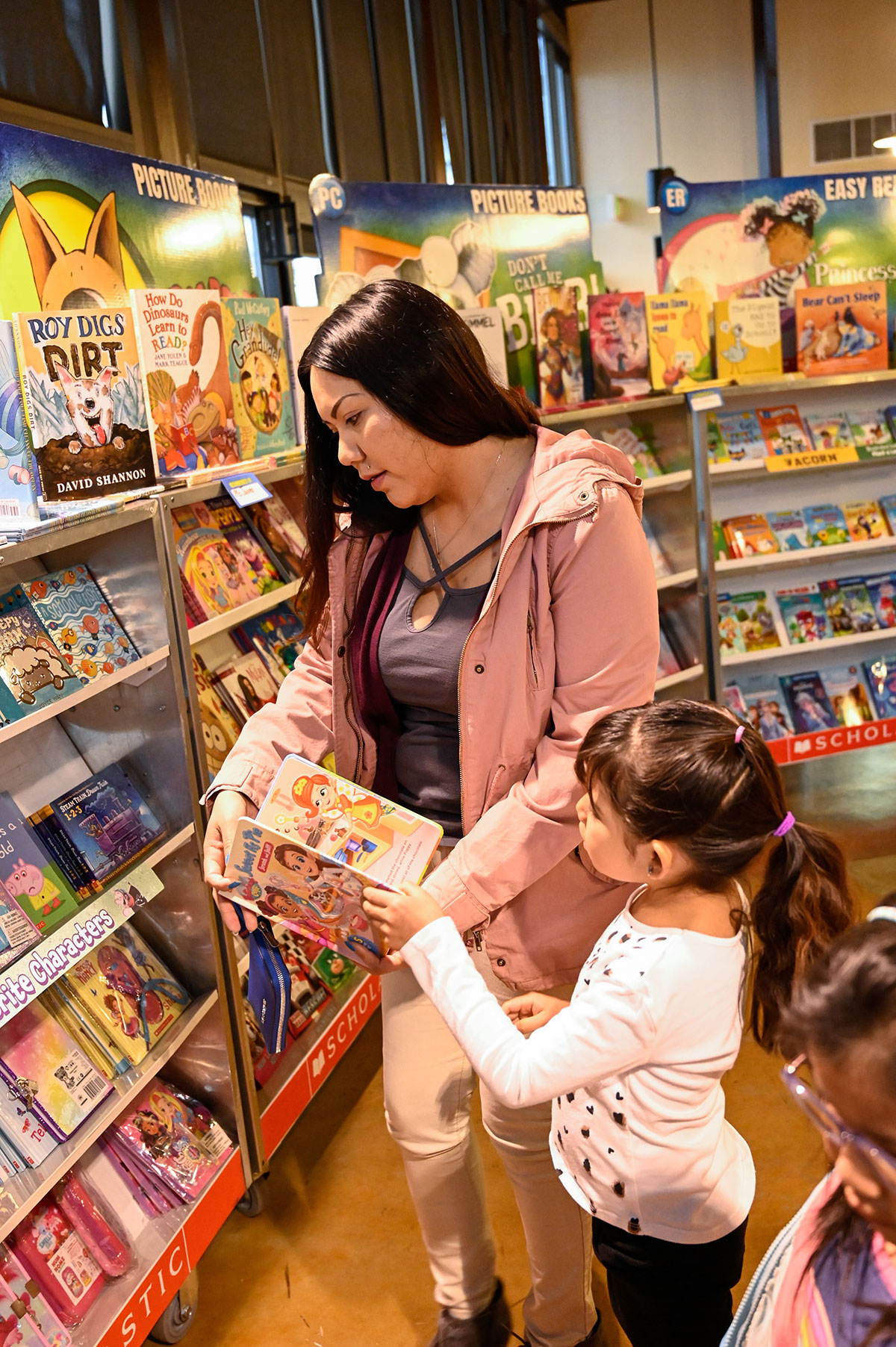Not just at SUIMA, all Montessori schools have long, uninterrupted work periods (usually 2-3 hours), rather than having 30 minutes for each individual subject. This long time period allows children to engage with the materials deeply and reach intense concentration.
A Montessori teacher is sometimes referred to as a guide, especially at the younger age levels, rather than a teacher, and this reflects thier non-traditional role.
A Montessori teacher’s job is to observe the children and introduce them to the academic materials at just the right time. They often hard to find in the classroom, as they are generally working one-on-one with a child, rather than standing at the front of the room talking to the whole group. Maria Montessori saw the role of the teacher as providing children with tools for learning, rather than pouring knowledge and facts into them.
The work in a Montessori school is child-directed. A teacher gives a child a lesson on a material he hasn’t used before, but the child can then independently choose to work on it when he pleases.
If a Montessori class has 25 different students, each of those 25 will be at a different academic level that is observed and tracked by the teacher. Rather than giving group lessons, Montessori teachers give one-on-one lessons to each student depending on his specific level and needs.
This is possible because the children largely work independently, spending much of the day practicing and perfecting work they have already been given a lesson on.
On any given day, walking into a SUIMA classroom, you will find children working independently with concentration, and desire to fill their need for learning.
Upcoming events:
March 13: Council members come eat with the students
March 16: Upper elementary students serve lunch at the Senior Center
March 18: School dance
PAG Family Night – activity is shawl making
March 19: Class picture day
Little Shop of Physics (P3 and elementary level attending)
FFA Petting Zoo (toddler and some primary classrooms attending)
March 20: Little Shop of Physics (P2 attending)
Bowling (elementary level PE classes)
March 23 – 27: No School – Spring Break

